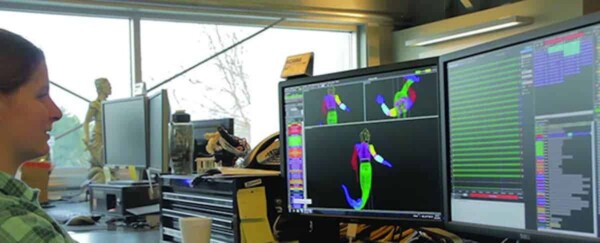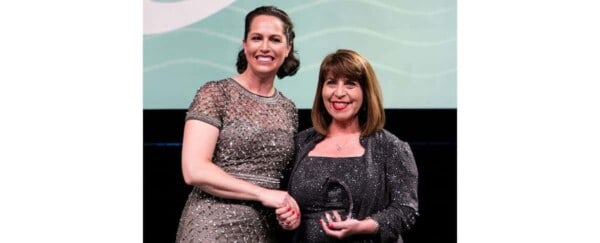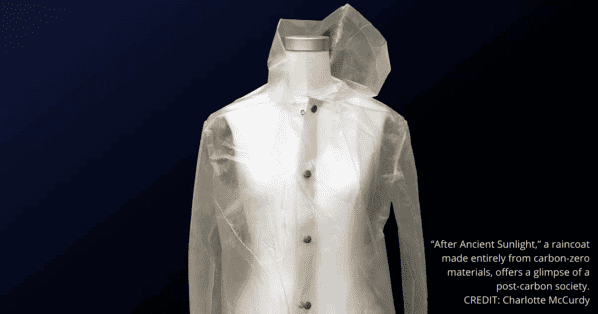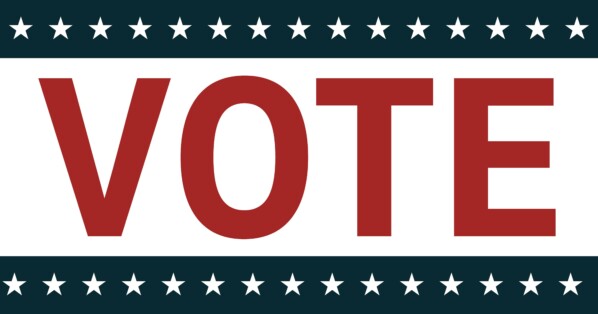Philip Stark, Ph.D., a University of California, Berkeley statistics professor who invented a vote-verification method and approach supported by good governance groups, including Verified Voting, resigned his board seat in protest on Nov. 21, 2019. He had served on the board for six years and, before that, sat on the advisory board for five years.
Verified Voting’s efforts and the work of its executive director, Marian Schneider, J.D., were included in a feature story, “Women Lead Efforts to Ensure Your Vote Matters,” in SWE Magazine’s Conference 2019 issue. The article generated a great deal of interest.
Dr. Stark said he was initially “delighted” to be asked to serve on both boards because Verified Voting had “serious technical expertise” among both its advisory board and board of directors. Now, however, Dr. Stark said he has tried and failed to stop Verified Voting from misrepresenting what he called in a telephone interview “the science” at the center of the dispute: “risk-limiting audits” — a system that Verified Voting has started recommending as a way to confirm election results.
“I believe that Verified Voting has lost its way,” Dr. Stark wrote in his resignation letter. “It has been providing cover for inherently untrustworthy voting systems — and the officials who bought them, the companies that make them, and any officials who might contemplate buying them in the future — by conducting ‘risk-limiting audits’ of untrustworthy paper records, creating the false and misleading impression that relying on untrustworthy paper for a [risk-limiting audit] can confirm election outcomes (and debasing the meaning of ‘risk-limiting audits’ in the process).”
Soon after Dr. Stark’s departure, Richard DeMillo, Ph.D., a Georgia Tech professor who sat on Verified Voting’s advisory board, also left the group. According to sources, a second member is considering doing so as well, although that resignation could not be confirmed at press time.
Dr. Stark said Verified Voting’s advocacy of risk-limiting audits to guarantee an election’s outcome “contradicts the most basic principle of Evidence-Based Elections: The need to establish that the paper trail is trustworthy.”
He contends that Verified Voting is “promoting the ‘shiny’ part of auditing — the [risk-limiting audit] procedure — at the expense of a far more fundamental requirement for trustworthy elections: a trustworthy paper trail.”
The key problem, he said, is that voting-machine makers are aggressively selling new voting systems that replace hand-marked ballots with computer-printed ballot summary cards. The cards usually show either a QR code or a bar code — in addition to text — signifying the names of the candidates for whom the voter presumably voted.
Dr. Stark says the cards, produced by a ballot-marking device, may be inaccurate because the device’s potentially vulnerable software separates the voter’s expression of his or her vote to the machine from what is printed on the ballot. The software is more vulnerable than ever, Dr. Stark said, because of threats such as hacking and malware, as well as, in his words, “the number and sophistication of entities, which have grown enormously, that might seek to alter or undermine our elections.”
The new voting systems also are costlier than hand-marked ballot systems, and the new machines need regular repair and maintenance — extra work that ultimately enriches the voting-system vendors.
“Verified Voting should be demanding convincing evidence that the paper trail is trustworthy, and helping jurisdictions develop laws, regulations, and procedures to make it possible to generate that evidence,” Dr. Stark wrote in his resignation letter.
– Philip Stark, Ph.D., professor of statistics, University of California, Berkeley
Instead, he accused Verified Voting of “helping election officials who purchased poorly designed, unnecessarily expensive, insecure, universal-use [ballot-marking device] systems justify their purchases — despite the fact that virtually every expert on our board and advisory board recommended against purchasing universal-use [ballot-marking devices].”
Verified Voting’s executive director, Marian Schneider, a former voting-rights lawyer who served as the Pennsylvania deputy secretary for elections and administration during the 2016 presidential election, issued a written statement saying, “Verified Voting will always be grateful for the years of service Philip Stark and Richard DeMillo gave to this organization and continue to give to these important issues, including Philip’s critical contributions on risk-limiting audits. With a serious issue like election security comes many passionate voices and differences of opinions. We welcome a robust debate and look forward to being in it for years to come.”
A Verified Voter advisory board member, Ion V. Sancho, J.D., who retired in December 2016 after spending 28 years as the supervisor of elections in Leon County, Florida, home of the state capitol, Tallahassee — and who led Florida’s detailed recount of ballots in Miami-Dade County in the 2000 presidential election recount — said he, too, wonders whether Verified Voting “has become part of the institutions that at one time, [Verified Voting] sought to reform.”
“Ballot marking devices should be looked at as suspect; they don’t read text and can make the process completely insecure,” said Sancho, who became internationally known as “the voters’ advocate” and was featured in an HBO documentary. “They should not be used.”
– Ion V. Sancho, J.D., retired supervisor of elections, Leon County, Florida
“And I see a lot of problems with counties buying unnecessary, costly equipment that will lead to long lines at the polls this November,” Sancho said in a telephone interview.
Sancho, who at one point in his career was blacklisted by the country’s major election-machine manufacturers because he exposed their security flaws, supports independent election commissions, rather than politically appointed ones; scanning ballots twice, once through traditional means and another using a high-speed, proprietary scanner; and widespread implementation of a reliable, scientifically valid recount to make sure the voting machines operated correctly.
“I believe Verified Voting has given cover for election officials to basically make bad decisions at the behest of their [election machine] vendors,” Sancho said. “And if election officials are not properly auditing the ballots, they are a national security threat.”
“Update on Efforts to Ensure Accurate, Verifiable Elections” was written by Sandra Guy, SWE Contributor. This article appears in the Winter 2020 issue of SWE Magazine.







